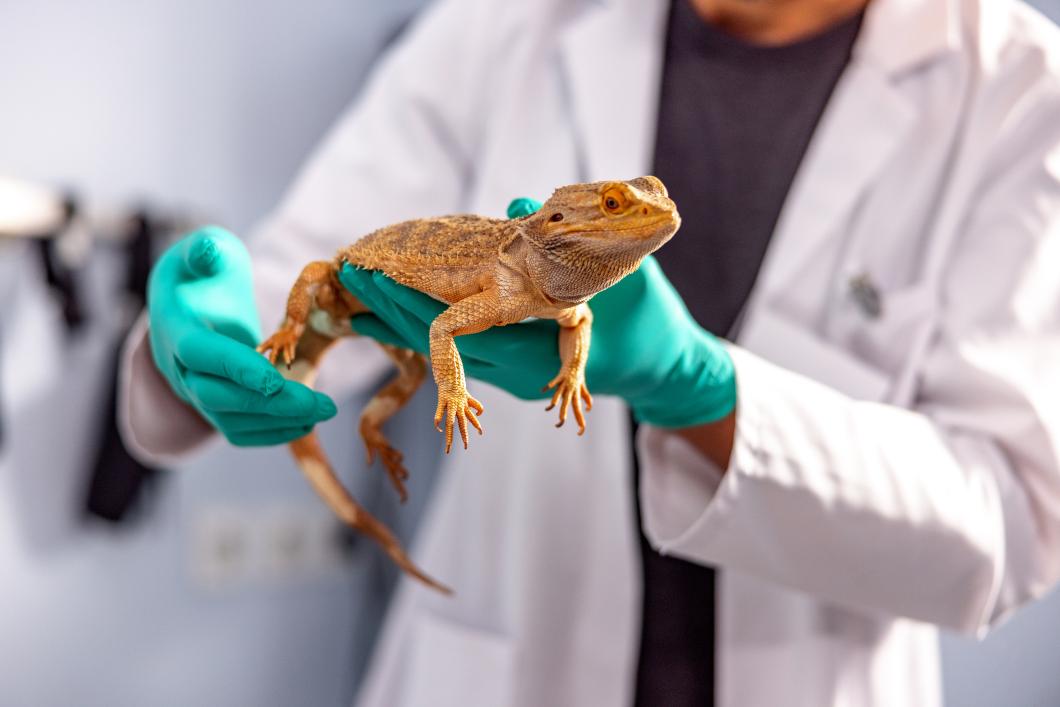Recognizing Signs of Illness in Exotic Pets

Caring for an exotic or pocket pet at All Critters Veterinary Hospital comes with its own unique set of challenges. Unlike dogs and cats, exotic pets have distinct needs and thrive under different conditions. Their husbandry and medical care require specialized knowledge and attention.
One of the most challenging aspects of caring for an exotic pet is detecting when something is wrong. Many exotic species instinctually hide signs of illness, making it difficult to recognize exotic pet health symptoms until the condition has significantly worsened. Fortunately, the expert staff at All Critters Veterinary Hospital is here to help with exotic pet disease detection, and to guide you in identifying exotic pet illness signs early on.
Know Your Pet’s Normal Behavior
Due to evolution and survival instincts, many exotic pets conceal signs of weakness, which means it’s up to you to spot early signs of a problem. By closely monitoring your pet’s everyday behaviors, you can better understand what is normal, and quickly notice subtle changes that could indicate an issue.
Key areas to observe include:
- Eating habits
- Drinking habits
- Rest routine
- Grooming behaviors
- Urination/defecation patterns
- Normal physiological traits and behaviors specific to your species
Keeping track of these behaviors helps you recognize patterns and identify when something isn’t right. Regular wellness care visits with us are also crucial. During these visits, we can discuss screening tests, monitor your pet’s weight, and ensure that proper husbandry and nutritional guidelines are being followed.
Recognizing Illness in Exotic Pets
Often by the time exotic pet health symptoms become noticeable, your pet may already be very sick. Identifying exotic pet illness signs early and acting swiftly is vital. If you notice any unusual behavior or health changes in your pocket or exotic pet, it’s important to contact us immediately.
Signs of an exotic or pocket pet emergency include:
- Sudden or prolonged lethargy
- Decreased appetite
- Changes in breathing
- Personality changes
- Vomiting
- Diarrhea
- Nasal discharge
- Seizures
- Bleeding
- Difficulty urinating
- Eye problems
- Limping
- Behavioral changes like sitting at the bottom of the cage
- Changes in feathers, fur, or skin
We know how much joy our exotic and pocket pets bring joy to their owners, and they deserve the same level of care as any other pet. By staying vigilant and working together, we can ensure your exotic pet remains healthy and happy. Never hesitate to ask us if you have questions about caring for your pet—that is what we are here for.
